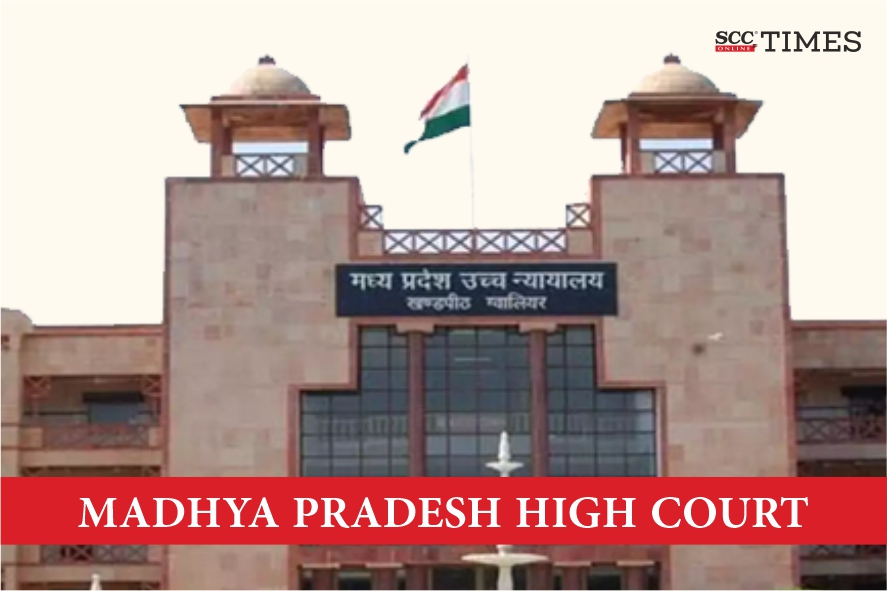Madhya Pradesh High Court: In a criminal revision challenging the denial of bail to the juvenile (applicant) by the Juvenile Justice Board and Session Judge on the ground that his release would defeat the ends of justice and expose him to moral, physical, or psychological danger, a single-judge bench comprising of Dinesh Kumar Paliwal, J., upheld the denial of bail to the juvenile. The Court held that while the Juvenile Justice (Care and Protection of Children) Act, 2015 (JJ Act) aims to rehabilitate juveniles, it also must address the severity of the crime and the societal need for justice and in the present case, the juvenile’s release would deem inappropriate due to the nature of the offence and his potential threat to society and himself.
In the instant matter, the complainant, on 22-10-2023, reported his son, a 17-year-old student who left home on 20-10-2023 but did not return, missing. An FIR was registered under Section 363 IPC and the applicant, 16 years and 1 month old juvenile and another person, was taken into custody. On the applicant’s disclosure, the victim’s dead body was found in Kuttiya Pahadi. The investigation revealed the applicant, along with a co-accused, kidnapped the victim for a ransom of Rs. 20 lakh and when the ransom was not paid, they murdered him. The postmortem showed multiple ante-mortem injuries and cause of death was head injury by a blunt object. The Juvenile Justice Board denied bail under Section 12 of the JJ Act. The Sessions Judge affirmed this decision, stating the applicant’s release would expose him to moral, physical, or psychological danger and defeat the ends of justice. Aggrieved by the impugned order passed by the Session Judge, the applicant preferred the present criminal revision under Section 102 of the JJ Act, challenging the same before this Court.
The applicant contended that at the time of the offense, he was 16 years and 1 month old with no criminal record. It was contended that he was forced to confess under duress, It was further contended that there is no evidence suggesting his release would associate him with criminals or expose him to danger and his father assured proper custody and care if released. However, the State contended that the juvenile committed a heinous and premeditated crime, and the dead body was found based on his disclosure. The State further argued against granting bail and stated that his actions demonstrate a depraved mind, making bail inappropriate considering the crime’s severity.
“Section 12 of the Act cannot be interpreted in a manner so as to give advantage to only juvenile in conflict with law ignoring the concern of the society. The provisions of bail for juvenile cannot be interpreted to work only for the benefit of the juvenile ignoring the cries of the family of the deceased child.”
The Court noted that under Section 12 of the JJ Act the Juveniles are generally to be released on bail unless it would bring them into association with criminals, expose them to danger, or defeat the ends of justice. The Court noted that the juvenile’s release on bail would potentially expose him to further criminal influences and endanger him morally and psychologically. The Court stated that the nature of the crime indicated a depraved mentality, thereby undermining the purpose of juvenile protection laws if bail were granted. The Court stated that the juvenile has habits of drinking, smoking, and a dangerous mentality and his social environment and past behavior suggests that his release would not be in the best interest of justice or society. While emphasising on justice for the victim and societal concerns, the Court opined that granting bail to the juvenile would defeat the ends of justice in this case.
“By showing misplaced sympathy to a juvenile, who kidnapped a minor child for ransom and later on murdered him due to non payment of desired ransom the society is denied justice which is not and cannot be intention of law.”
The Court held that considering the severity of the crime, juvenile’s habits, and the potential societal retribution, denial of the bail was justified. The Court asserted that adhering to the JJ Act’s intent, the balance between the juvenile’s welfare and societal concerns was maintained, in the present case. The Court dismissed the criminal revision and directed the Juvenile Justice Board to expedite the case hearing.
[Child under Conflict with Law v. State of M.P., 2024 SCC OnLine MP 4232, order dated 28-05-2024]
Advocates who appeared in this case:
Shri Ahadulla Usmani, Counsel for the Applicant
Smt. Papiya Ghosh, Counsel for the Respondent







